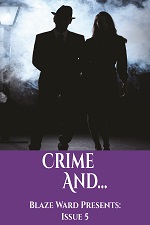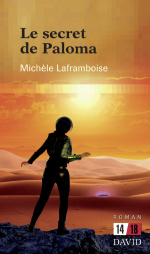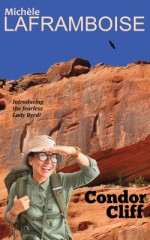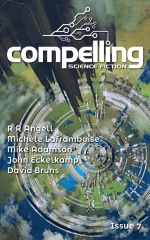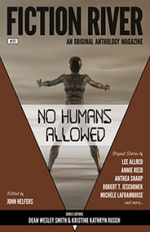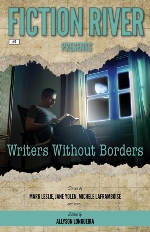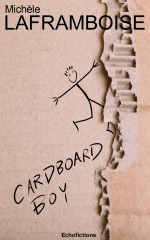Fragile as a house of cards
Any strong, researched plot I build looks as fragile as a house of cards in my mind. This is how I feel when writing a novel, a short-story, anything, in any genre including romance and science fiction.
And this happens to me even when I plan my stories in advance. The carefully-laid plan goes by the window after a certain point in the writing. And for my very first writing endeavour, I had bought into the “not writing a line before the plan is perfect” and followed by “show your work-in-progress to everyone (and get their advice)” to “rewrite ad nauseam until its polished and smooth.”
I found out that I am closer to a pulp writer than a once-every-ten-years literary author. So I write mostly by the seat of my skirt those days, going back if a nifty details grabs my attention.
My scientific self vs my story-telling self
And it doesn’t help that I am a SF writer who likes baking hard and crunchy SF stories. Sometimes I even overcooked them, making them so hard nobody could access its softer heart!
My scientific upbringing and formation in geography and engineering (even if I didn’t make a career in those fields) had left me with a reflex to check my premises and promise to my readers. I’m a nit-picker. I like flying off on the wings of pure fancy, but at a point my basic knowledge of sciences trips me.
Of course, I could stay in the fancy realm and ignore the science and call my story science-fantasy, where the ships engine screech like mad demons in the vaccuum of space.
Moreover, at any point in time, even the most concrete-hard SF story will be caught up by real science advances (e.g. lab-grown meat or gravity waves). The most I can do about a nagging detail is making a check in my paper books and on the web. If I have to research for more than one hour, without finding anything regarding this devilish detail, I leave it in the story.
Ta. Catch me if you can!
Melting chocolate fudge or rock-hard cocoa?
For me, some details are almost impossible to ignore. Like when you read a contemporary police procedural novel and your detective picks up various things around a body, with his bare hands! Unless it is set in a past era, everyone knows about prints, and now DNA! The same goes for your cat burglar who handles art items without gloves.
Some basics in science fiction are difficult to ignore, like the sound of ships in vacuum. I believe in making as much research as necessary for the story to hold together and not crumble, but if you are not a NASA rocket specialist, or a military strategist, it’s no biggie. Keep the very basic and improvise (ahem, build up) from there. I did read some hard-candied fiction by authors who have a professionnal background, but I do not expect to imitate them!
As one writer told me, you make your science as palatable as you like, whether soft, chocolate fudge that melts in the mouth, or hard 80% cocoa chocolate bar that defies the teeth! Telling stories should feel fun, not like dragging a chain and 100-kg ball behind oneself.
And you have all kind of readers from wide-eyed children to glazed adults, and the whole spectrum between. Some might prefer the melting in the mouth parts. The characters of the story will bear the weight of the plot, and the emotional/personal impact of the situation at hand (or at tentacle) will nab your reader.
Writing is not a straight line
Do I go back and change things? You bet!
And generally, many of those details are about the characters interacting with their environment. I tend to follow the rule of three mentions, adding at least two instances of the details, so it sticks in the reader’s mind. For instance, in my novel Paloma’s Secret, one of the teenagers had a favorite and fun catchphrase, that I only found out about in the last chapters. So I went back and change the dialogue to add the catchphrase in the first chapters.
Do I write in order from word one and not stopping to the end? Nope. I have novels that begun with one impressive scene, plus the prequel and consequences woven out of the strong scene. Or a novel is a tiny seed that grows and grows.
Yes, my first efforts looked like a very convoluted garden hose.
As for my recent efforts at story-telling, you might get to see one very soon in the next issue of Asimov’s Science Fiction.





